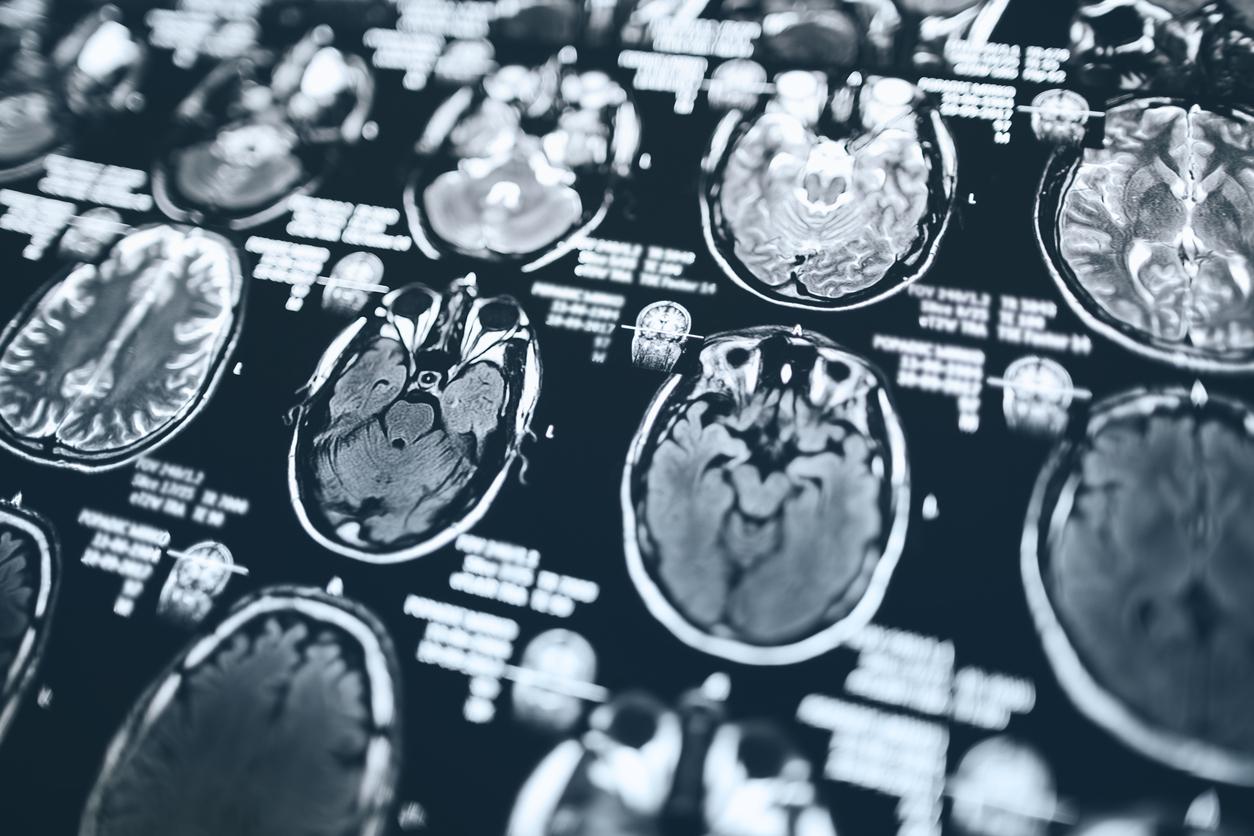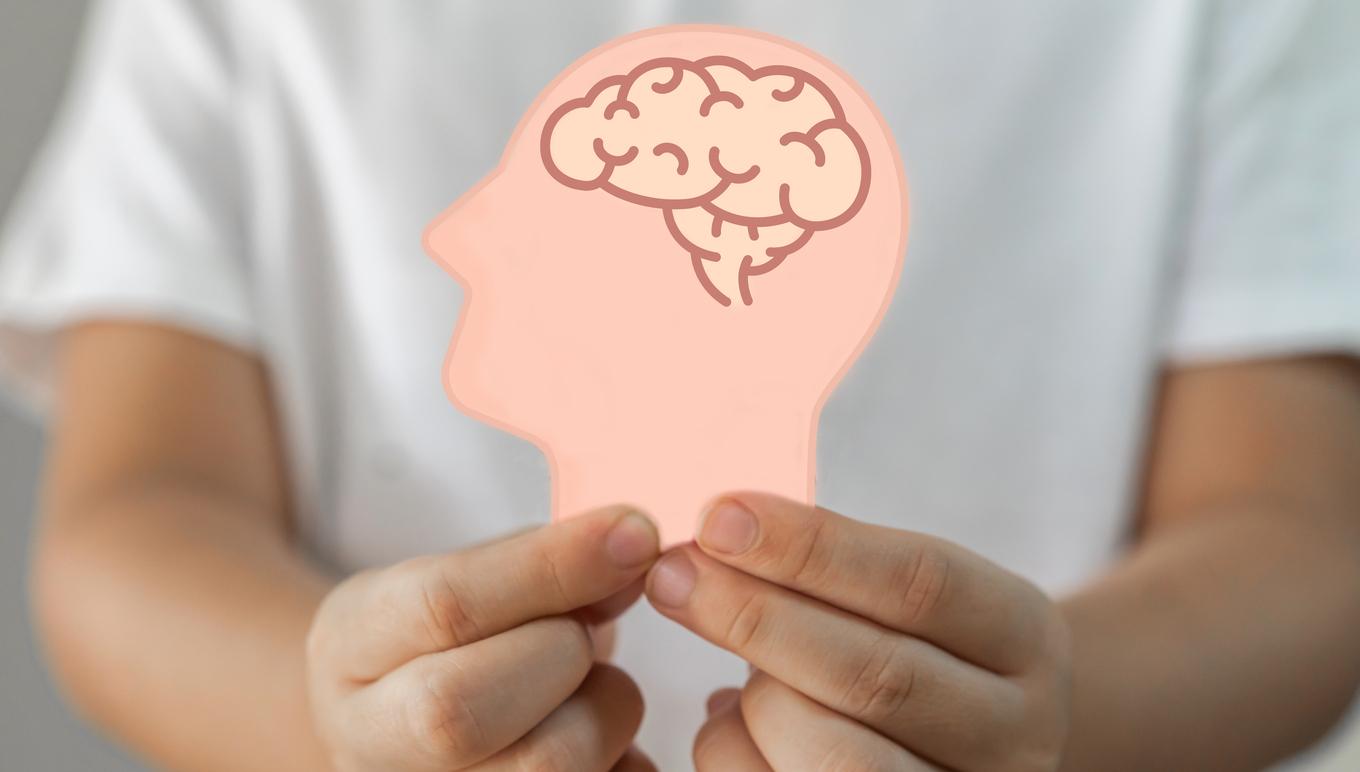Listening to works by the great musician of the 18th century could, in patients with epilepsy, reduce the frequency of seizures. Two researchers have made a synthesis of studies concerning the effect of Mozart’s music on this disease.

- The effects of Mozart’s music in epileptic patients had already been noted
- New work shows the impact of this music on seizure frequency
- 30% of epileptics do not respond to drug treatments
The works of Wolfgang Amadeus Mozart date from the 18th century. However, it was not until 1993 that two medical researchers claimed that listening to some of his compositions can improve the spatio-temporal senses of epileptic patients. This is referred to as the “Mozart effect”. Today, two Italian scientists go further. They assure that his sonatas reduce the frequency of epileptic seizures. Until now, studies on this subject involved too few participants and the results were sometimes questionable. Gianluca Sesso and Federico Sicca, researchers at the University of Pisa, therefore decided to do a meta-analysis of the 147 existing research works to draw more solid conclusions. In the end, they selected twelve studies, based on their relevance and quality. They have just presented their results at a virtual congress, the European College of Neuropsychopharmacology Congress (ECNP), which takes place until September 15. They have also been published in the journal ScienceDirect.
No drug treatments for 30% of epileptic patients
Epilepsy can be defined as a chronic condition characterized by neurological signs and symptoms occurring during sudden and repeated seizures. There are three types: generalized epileptic seizures (fall, loss of consciousness, stiffening of the body followed by muscle twitching), partial (various aspects: motor, sensory, sensory seizures, etc.) and status epilepticus (partial or generalized which correspond to the rapid succession of crises, one occurring before there has been recovery from the previous one). The treatment of epilepsy requires the taking of many drugs which allow a rarefaction or even a disappearance of the seizures.
But not in all patients. In about 30% of them, these drugs do not work. Hence the importance of the work of these two researchers. According to them, listening to certain works of Mozart leads to a significant reduction in epileptic seizures from 31% to 66% depending on the patient and the musical stimulus used, in other words the pieces of music. Sonatas for two pianos K448 and Composer’s K545 would have a particularly positive effect. The progress occurred after a single listening session and was maintained after an extended period of treatment. In sum, Mozart’s music can improve epileptic seizures after both short-term and long-term musical treatment.
A plea for music therapy
“All cultures have music, so it responds to a psychological need, assures Gianluca Sesso. Obviously, other music can have similar effects.“Within the scientific community, the use of music-based neurostimulation to treat epileptic seizures remains a controversial issue. For the two researchers, music therapy should be used as a complementary approach to the treatment of epilepsy. A simple practice to set up. Still, some practitioners remain cautious, like Vesta Steibliene of the Lithuanian University of Health Sciences: “To use this method in clinical settings, the exact mechanism of the effect of Mozart music on brain regions needs to be better understood.“A solution that could nevertheless relieve the 600,000 people who suffer from epilepsy in France, according to figures from the National Institute of Health and Medical Research (Inserm).

.

















